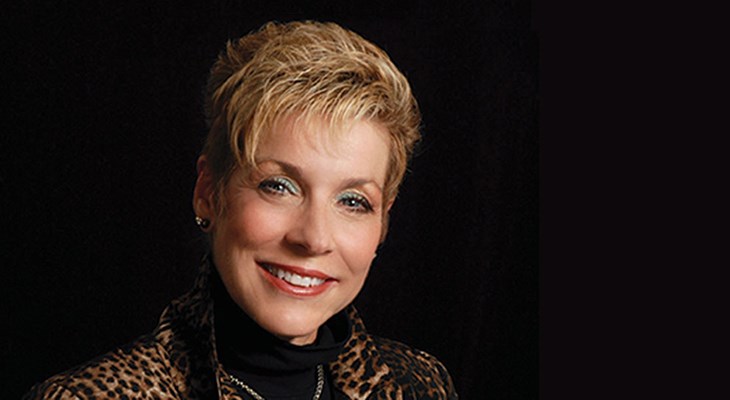For BlueTree Capital, the pandemic has shifted the firm's focus from seeking out new investments to protecting its portfolio companies. That means not only shifting resources, it also means shifting capital allocation.
“How do we help them survive this recession?” says Catherine Mott, founder and CEO of BlueTree Capital. “And when we were looking at how we allocate the capital we have to invest, we’re going to be more focused on protecting our portfolio. That doesn't mean we’re eliminating the opportunity to invest in new deals, but most of the capital will be focused on protecting our portfolio companies.”
Mott spoke on the Smart Business Dealmakers Podcast about how the pandemic has affected the investor’s strategy.
70/30
While preservation of portfolio companies is BlueTree's primary focus, it's not its singular focus.
“We always have an appetite for dealmaking,” Mott says. “So as long as you have capital, and capital that you can call, that won’t change our appetite for dealmaking. What will change for us is how much we can apply to new opportunities.”
She says instead of shifting from the typical 70 percent of the capital that goes to new companies and 30 percent that is retained, that has been switched to focusing the 70 percent on protecting the firm's portfolio companies and 30 percent on new opportunities.
Better prices
Although BlueTree's allocations have changed, it might not affect the firm’s returns.
“You get your best prices during a recession,” she says. “So anything you invest in that’s new, it’s going to be a lower valuation.”
Before the pandemic, Mott says there was a lot of outside money being invested in new Pittsburgh companies.
“We were seeing a lot of money chasing the same deals we were chasing, and it was driving up the valuation,” she says.
Now those valuations for seed-stage companies are coming down to something she considers closer to reality.
Good money after bad
It’s also a matter of not putting good money after bad, no matter what the market says and regardless of the market condition.
“Money is being invested in the current portfolio companies that can demonstrate that they are very thoughtful about cash conservation,” she says. “They’re doing the right things, and they’re very thoughtful about protecting their place in the market. If you don't do that, that turns into a complete loss for your portfolio."
For those reasons, Mott says she’s not concerned.
“We survived ’08 and ’09 under the same conditions,” she says. “We just recently had an exit from one of the companies that we invested in shortly after the last recession, and we had a great exit, and it’s all because the price was right. We’re very practical. We’re not overreacting. We’re sticking to our fundamentals just like we’re asking our companies to stick to their fundamentals."




